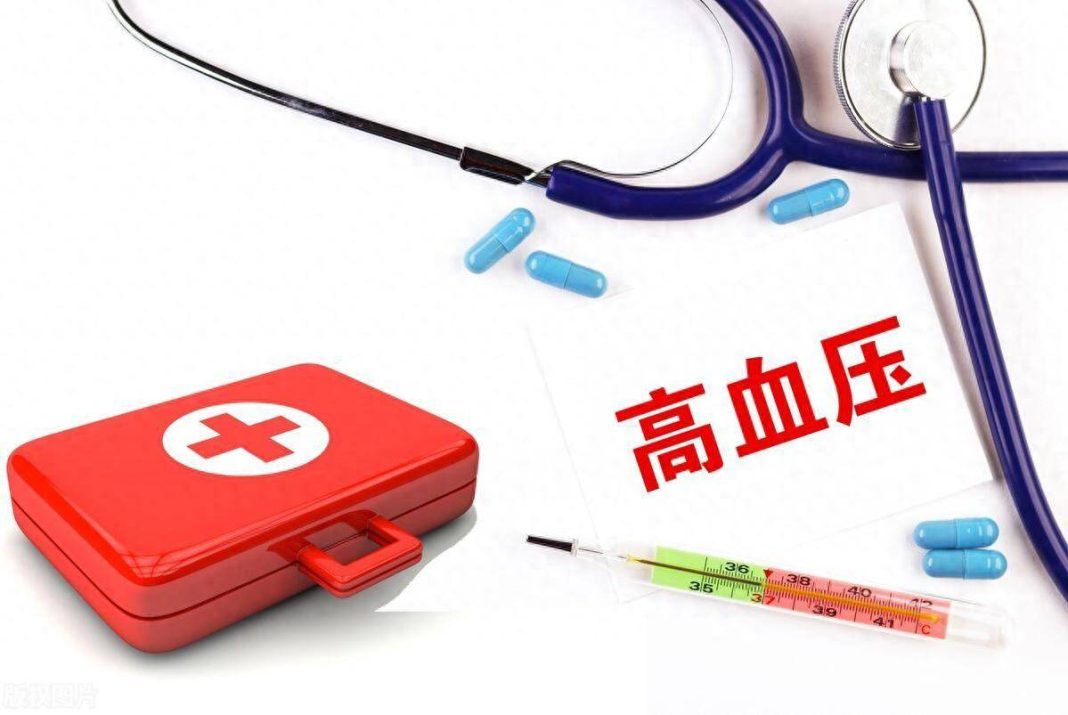In the fast-paced modern life, hypertension seems to have become the “invisible companion” of many people, and antihypertensive drugs have become a daily necessity for many friends.
However, just like ships in navigation need to avoid reefs, friends who take antihypertensive drugs long-term also need to be extra careful about several “invisible reefs” in their diet.
Mr. Zhao, 45, has had hypertension for 5 years, is a smoker, has a heavy diet, often drinks and eats supper. He sought medical help for chest pain, was diagnosed with coronary heart disease, and needs stent placement. The doctor attributed his condition to neglecting medication guidance, improper diet, and smoking and drinking.
Today, taking Mr. Liu’s story as a cautionary tale, let’s talk about the six types of foods that should be avoided as much as possible during antihypertensive drug treatment to protect your cardiovascular health.
1. High-salt foods: the hidden “pressure booster”
Mr. Liu has a heavy diet and prefers high-salt foods, which is the “hidden pusher” behind his difficult-to-control blood pressure. Sodium ions in salt directly affect the body’s water balance, leading to an increase in blood volume and subsequently increasing blood pressure.
Therefore, pickled vegetables, salted foods, dishes with a lot of soy sauce, instant noodles, etc., are all foods on the “blacklist” that should be avoided as much as possible during antihypertensive drug treatment. It is recommended to limit daily salt intake to no more than 5 grams, eat plenty of fresh fruits and vegetables, and let your taste buds enjoy nature’s freshness.
2. High-fat foods: the “invisible burden” on the cardiovascular system
Grilled foods, deep-fried foods, fatty meats, etc., not only tend to make people gain weight but also increase cholesterol and triglyceride levels in the blood, accelerate the process of atherosclerosis, and affect the effectiveness of antihypertensive drugs. Choose lean meats, fish, and soy products as low-fat, high-protein foods, and prefer cooking methods such as steaming, boiling, and stewing to protect cardiovascular health.
3. High-sugar foods: the sweet trap
Sweet drinks like milk tea, candies, cakes, and other high-sugar foods may bring temporary pleasure but are the “sweet killers” of cardiovascular health. Long-term high sugar intake can lead to insulin resistance, increase the risk of cardiovascular diseases. Choose sugars from natural foods, like fruits (while monitoring the amount), and stay away from added sugars in processed foods.
Of particular concern is milk tea, a popular drink in various parts of China in recent years. Regardless of the city street, one can see various milk tea shops, and as night falls, numerous roadside stalls sell milk tea. These milk teas share the common trait of added sweeteners, which can lead to weight gain, metabolic disorders, high uric acid levels, and long-term consumption may trigger hypertension, hyperlipidemia, and hyperglycemia! It is advisable to drink as little as possible!
4. Cigarettes: the “invisible killer” of heart and lung health
Mr. Liu, as a smoker, his coronary heart disease is closely related to smoking. Harmful substances like nicotine in cigarettes can damage the vascular endothelium, promote atherosclerosis, and reduce the effectiveness of antihypertensive drugs. Quitting smoking is the first step for hypertensive patients to move towards health.
5. Alcohol: the “double-edged sword” for the cardiovascular system
Moderate alcohol consumption may be beneficial for some people, but for hypertensive patients, the vasodilatory effects of alcohol are only temporary. Long-term excessive alcohol consumption can lead to increased heart rate, elevated blood pressure, and even induce arrhythmias. Therefore, it is best to avoid drinking during antihypertensive drug treatment to allow the heart and blood vessels to truly rest.
6. Grapefruit and its products: the “interfering agent” of drug metabolism
Many people may not know that grapefruits contain a substance called furanocoumarins, which can affect the activity of certain enzymes in the liver, thereby interfering with the metabolism of antihypertensive drugs, leading to abnormally high drug concentrations, which may cause adverse reactions such as low blood pressure. So, during antihypertensive drug treatment, please keep a distance from grapefruits temporarily.
In addition, pay attention to:
– Avoid straining during bowel movements: Straining can cause a sudden rise in blood pressure, increasing the risk of cardiovascular accidents. Keep the intestines clear by eating high-fiber foods, and if necessary, use stool softeners and other aids.
– Adjust the dietary structure: Balanced nutrition, consume more foods rich in potassium, magnesium, and other minerals like bananas, potatoes, spinach, etc., which help lower blood pressure.
– Drink warm water in the morning: Promote blood circulation and prevent morning hypertension.
– Maintain a good attitude: Stable emotions are crucial for blood pressure control. Learn to relax, avoid excessive tension and anxiety.
In conclusion, managing hypertension is a long battle that requires us to be prepared in all aspects of our daily lives. In addition to following medical advice for medication and regular check-ups, paying special attention to diet is crucial!


